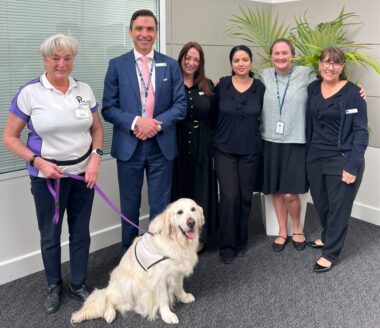The Federal Budget fails to address the ongoing health care inequity between rural and urban Australia according to the National Rural Health Alliance.
"The Budget falls short of our expectations. It is disheartening to observe the government's lack of responsiveness to rural voices and its failure to commit to comprehensive reforms that would offer sustainable and long-term benefits for rural communities," said Nicole O’Reilly, Chairperson of the National Rural Health Alliance.
The further an Australian lives from an urban centre, the lower their life expectancy. They are also twice as likely to die from preventable illness. Rural men are 2.5 times and women 2.8 times more likely to die from potentially avoidable causes than those in urban areas. Many rural people have no access to primary healthcare services within an hour’s drive from their home. They use Medicare up to 50 per cent less than those in cities, showing that people rather not make the long journey or wait long hours to access health care somewhere else. As a result, the burden of disease in remote areas is 1.4 times than that of major cities.
“Evidence is clear that per-person spending on healthcare is not equitable. We know from the Evidence base for additional investment in rural health in Australia, that each person in rural and remote Australia is missing out on nearly $850 per year of healthcare access equating to a total annual rural health underspend of $6.5 billion.
“Funding could have enabled rural Australians to access health and medical services in their local communities. We call on the government to make a better commitment at the next opportunity to ensure that our rural communities are looked after,” said Ms O’Reilly.
“The National Rural Health Alliance welcomes the commitment to support rural training opportunities. The establishment of the Charles Darwin University Menzies Medical Program which aims to educate home grown doctors is vital for growing the next generation of rural doctors. We acknowledge the new Commonwealth Prac Payment and the opportunity it will provide to support students to experience rural based clinical placements.
“We are also pleased to see the Royal Flying Doctors Service supported with top up finding to deal with the increasing costs of service delivery of vital services they provide to rural communities. But their model is only one that addresses the vast variety of health care needs across rural and remote Australia. There are many struggling rural and remote primary health care services that are on the brink of closure and need support and significant reform.
“There is much more to be done to address the inequity in health care outcomes for rural and remote Australians,” said Ms O’Reilly.
About us:
The National Rural Health Alliance (the Alliance) comprises 51 national organisations committed to improving the health and wellbeing of the over 7 million people in rural and remote Australia. Our diverse membership includes representation from the Aboriginal and Torres Strait Islander health sector, health professional organisations, health service providers, health educators and students.
Contact details:
Kathya de Silva, Media and Communications Officer, National Rural Health Alliance,
0470 487 608


